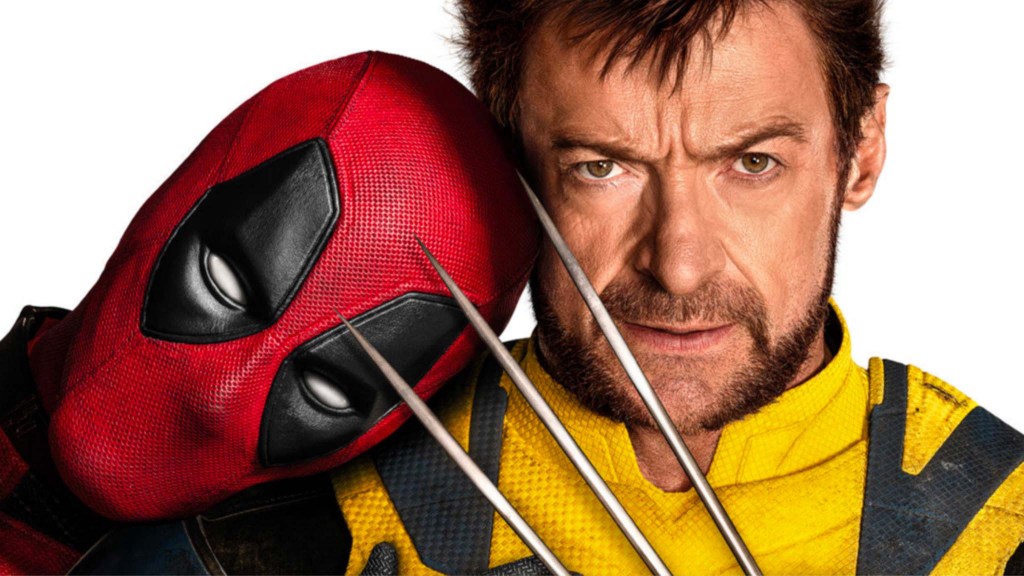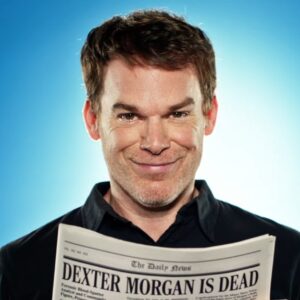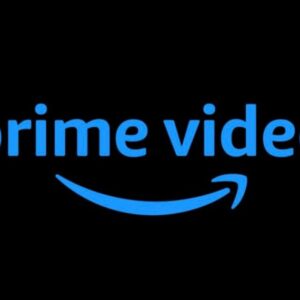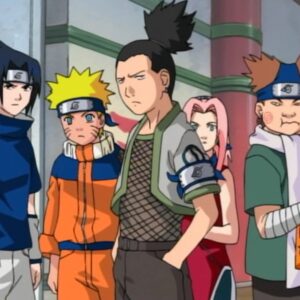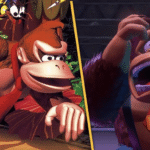The film Deadpool & Wolverine emerged as a monumental success last summer, becoming a high-grossing venture for both Disney and Marvel. Behind this cinematic triumph lies a compelling story of financial gain and critical acclaim. According to a detailed report assembled by Deadline, the movie outperformed expectations by generating a hefty profit of $400 million for the studio. This figure is derived from a combination of earnings sources, namely, theatrical showings, home media sales, as well as television and streaming licenses. When tallied, these streams of revenue culminated in a staggering total of $980 million. Remarkably, these earnings effectively counterbalanced Disney’s initial production, marketing, and contractual expenditure, which amounted to $580 million. Such costs included budgetary allocations for the production, advertising, and negotiations with key figures such as stars Ryan Reynolds and Hugh Jackman, together with director Shawn Levy. It’s a fascinating juxtaposition of hefty investment and astronomical returns that underscores the business acumen behind blockbuster filmmaking.
Delving further into the financial success of Deadpool & Wolverine, it holds the distinction of eclipsing the profits of other major Marvel productions like Spider-Man: Across the Spider-Verse and Guardians of the Galaxy Vol. 3, which accumulated $328 million and $124 million in profit respectively. Such comparisons highlight the exceptional marketability and fan appeal of this unlikely superhero pairing. In a year when Marvel Studios encountered financial hurdles and cinematic hurdles with modest box office returns from films like Ant-Man and the Wasp: Quantumania and The Marvels, Deadpool & Wolverine provided a much-needed jolt of success. Riding high on positive critical reception, the film smashed multiple box office milestones, eventually amassing an impressive global total of $1.3 billion. This monumental gross made it the second most successful film of 2024, surpassed only by Disney’s other blockbuster, Inside Out 2.
Despite the significant commercial success of Deadpool & Wolverine, the future of the beloved character Deadpool in the MCU remains uncertain. Ryan Reynolds, who portrays Deadpool with an endearing mix of sarcasm and grit, has yet to disclose his character’s next move within the vast Marvel Universe. Reynolds has frequently voiced his desire to preserve Deadpool’s status as an outsider, rather than integrating him into larger teams like the X-Men or the Avengers. Meanwhile, Marvel Studios president Kevin Feige has expressed a willingness to explore further opportunities for Deadpool’s return. The character’s continued relevance and marketability make another project not just a possibility, but a probable future endeavor.
Considering the financial analysis and public demand, the decision for Marvel to proceed with another Deadpool-centric movie seems inevitable. Almost a decade after his standalone debut, Deadpool continues to captivate audiences worldwide. Given the profitability and popularity evidenced by the latest installment, it appears highly likely that Marvel will seize the opportunity to develop a new narrative for the unconventional hero. Nonetheless, the challenge lies in determining the most opportune moment for a fourth installment. With the ongoing progression of the MCU’s Multiverse Saga, the timeline is crowding with pivotal releases like The Fantastic Four: First Steps, Avengers: Doomsday, and Spider-Man: Brand New Day. Compounding this complexity is Ryan Reynolds’ involvement in the development of a separate project titled Boy Band. Consequently, the release of a potential Deadpool 4 may only come to fruition post-Secret Wars, earmarked for 2027.
This extended wait could ultimately play to Marvel’s advantage. While there is undeniable merit in capitalizing on a character’s current popularity, strategically delaying can also engender a renewed enthusiasm among audiences. A prime example is the six-year interlude between Deadpool 2 and Deadpool & Wolverine, which allowed the audience’s anticipation to simmer and build to an eager crescendo. This absence undoubtedly contributed to a warm reception upon the character’s cinematic return. In addition, a hiatus offers Ryan Reynolds the invaluable chance to recuperate his energies after seeing through a project of such scope. His dedication to the role is evident; however, Reynolds himself harbors aspirations for other creative pursuits. By investing time into crafting a compelling and comedic storyline, Marvel stands a strong chance of replicating the resounding success that Deadpool & Wolverine achieved. Such an approach would ensure that another chapter in Deadpool’s story brings as much laughter, excitement, and financial success as its predecessor.
In conclusion, the success of Deadpool & Wolverine underscores the intricate balancing act of strategic planning, financial acumen, and creative risk that underlies the filmmaking industry. The venture has not only solidified Deadpool’s standing as a crowd favorite but also served to bolster Marvel’s standing amidst shifting cinematic landscapes. As fans and stakeholders alike ponder the next steps for Deadpool within the MCU, what remains certain is the enduring appeal of a character who defies convention, forging his path through sheer wit and irreverence. Through careful timing and a commitment to storytelling excellence, Marvel is poised to continue riding the wave of success generated by Deadpool & Wolverine, ensuring that the Merc with a Mouth’s adventures remain a focal point in the ever-expanding tapestry of the Marvel Cinematic Universe.
